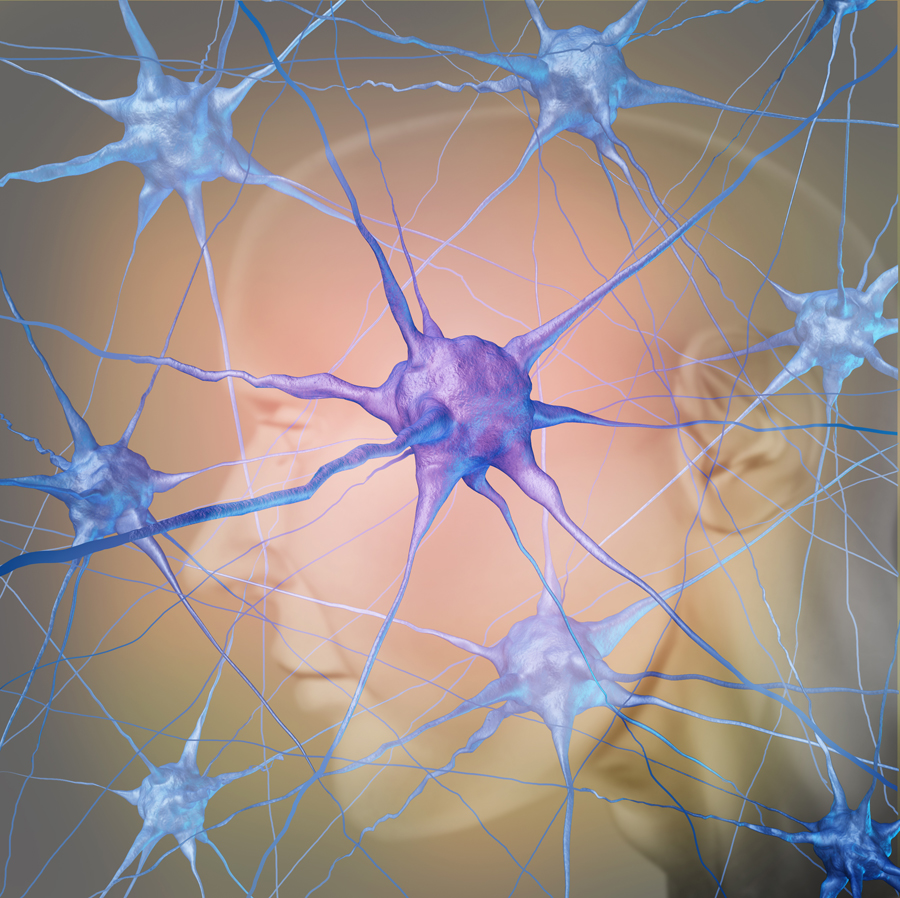When people hear the words “Parkinson’s disease”, they don’t often think of health-related fitness as a simultaneous condition. However, many people with Parkinson’s are in fact very physically fit! As a Care Advisor for Neuro Challenge Foundation for Parkinson’s, I have met Parkinson’s sufferers and Parkinson’s fighters. The fighters know very well the benefits of exercise and strive to maintain their health and fitness to the best of their ability despite the challenges they face.
 Parkinson’s disease is a neurodegenerative disease that is marked by tremors, slowness of movement, stiffness of muscles, and unsteady balance. Dr. Dean Sutherland, Director of the Southeastern Center for Parkinson Disease states that “exercise is as important as anything you can do for Parkinson’s.” How can you become a Parkinson’s fighter? The first step is to understand the five components of health-related fitness and how they affect functionality.
Parkinson’s disease is a neurodegenerative disease that is marked by tremors, slowness of movement, stiffness of muscles, and unsteady balance. Dr. Dean Sutherland, Director of the Southeastern Center for Parkinson Disease states that “exercise is as important as anything you can do for Parkinson’s.” How can you become a Parkinson’s fighter? The first step is to understand the five components of health-related fitness and how they affect functionality.
The first component is maintaining a healthy body composition. What does this mean? Your weight should be appropriate to your height and you should strive to have more lean muscle mass than fat mass in your body. You can find out your body mass index by going to the Center for Disease Control’s website and accessing their BMI calculator. Excessive fat in the body can result in loss of muscle mass, and muscle is something people with Parkinson’s should strive to maintain.
The second aspect of health-related fitness is muscular strength. Having strong muscles improves posture, decreases the risk of musculoskeletal injuries, improves balance and decreases the risk of osteoporosis. Muscular strength helps people with Parkinson’s maintain independence.
The third component important for health-related fitness is muscular endurance; or the ability of a muscle or group of muscles to work repeatedly over a period of time. An example of muscular endurance would be the ability of the leg muscles to ride a stationary bike for 30 minutes. People with Parkinson’s will experience better posture and stability if they are able to sustain muscular endurance. They will also be able to have more fun doing recreational activities!
Fourth, health-related fitness is greatly enhanced by good cardiorespiratory functioning. This is the ability of the heart, blood vessels and the lungs to work effectively together to deliver oxygen to all the cells and muscles in the human body. Activities of daily living are more easily performed with strong cardiorespiratory fitness, and cognitive functioning is enhanced as well.
Finally, the fifth component of health related fitness is flexibility, or the ability of joints to move through a full range of motion. People with Parkinson’s who maintain good flexibility experience enhanced postural stability and balance, and are less like to fall. Being flexible also makes it much easier to perform simple tasks like bending over to tie your shoes, pull a shirt on over your head, or swing a golf club.
It’s never too late to begin a program towards improving your health-related fitness. Your body is designed to last a lifetime, and you can help influence how well it performs for you. Always get a physician’s clearance before beginning an exercise program and if you are new to exercise, enlist the supervision of a certified fitness professional.
Carisa Campanella, BA, AS, is an ACE Health Coach and ACSM Personal Trainer. She is the Program Manager at the Neuro Challenge Foundation for Parkinson’s. Neuro Challenge provides ongoing monthly support groups and educational programs, individualized care advising and community resource referrals to help empower people with Parkinson’s and their caregivers.

